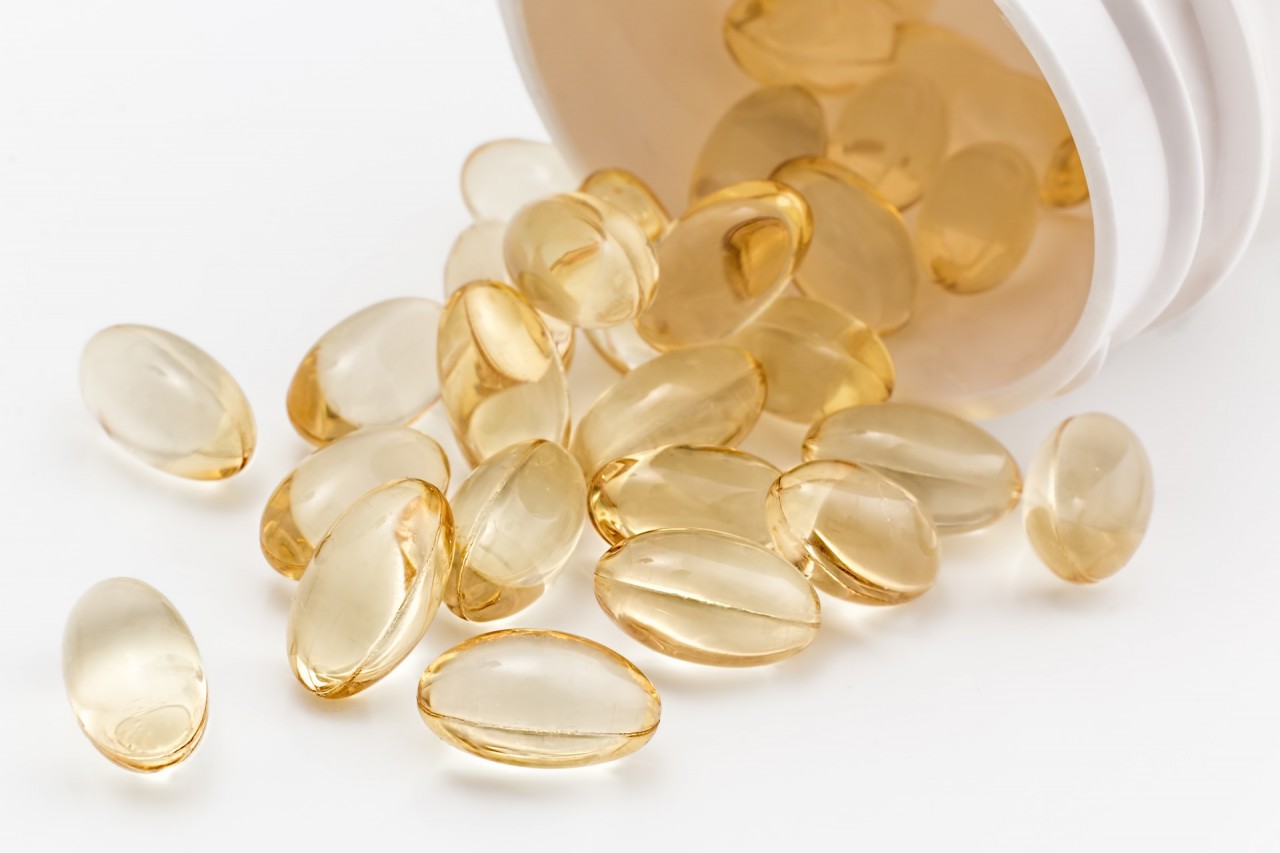Vitamins & Minerals for Seniors

We all have heard that we need lots of good vitamins and minerals as part of our diet and daily routine. Do you know the difference between these two materials? What are the most important ones as we age vs. when we are younger and developing?
A quick definition of a vitamin is that they are organic materials. That means they can be broken down by acid, heat or air. A mineral is inorganic and thus maintains its chemical structure. We think of minerals as things like quartz or iron – things that are mined out of the earth. It is true that minerals are found in the earth; we absorb them through various foods and fluids that we eat.
Most of the vitamins and minerals we need come from a balanced, healthy diet. These materials are often referred to as micronutrients because our bodies only need a small amount to function properly. Megadoses of multivitamins can often be counterproductive, as too much of something can have adverse effects.
As we age, our bodies become less capable of absorbing vitamins and minerals. A person may be eating all the right foods, but still be deficient due to this malabsorption. A discussion with your healthcare provider can determine if supplements are required to make up for a deficiency of vitamins or minerals. Some medications (over the counter or prescribed) can also affect how our body absorbs and uses certain vitamins and minerals.
Here are a few of the most important vitamins and minerals we need to stay healthy, especially in our older years.
Vitamins:
Vitamin D
This is the sunshine vitamin, called this because we absorb it when our skin is exposed to the sun. Vitamin D helps the body absorb calcium from the gut and is thus a critical component to strong, healthy bones. As we age, we may not get as much exposure to the sun, which means we don’t receive the right amount of Vitamin D. During winter, when there is less sunlight and we are bundled up against the cold, there is even less exposure to the sun to take in this very important vitamin. It is closely linked with the mineral calcium.
Vitamin B12 & B6
There are multiple vitamins in the ‘B’ family, but one of the most important one is B12. All the cells in the human body use B12 (cyanocobalamin), especially the brain and spinal cord. Vitamin B12 deficiencies can result in hallucinations, confusion or irritability. Persons on restrictive diets like vegetarians or vegans may not get enough iron or B12, which can lead to anemia.
B6 is one of the best vitamins for boosting your immune system.
Vitamin C
Yes, our old friend Vitamin C – known for its immune-boosting powers to stave off illness. This vitamin is so powerful that a lack of Vitamin C can make a person more prone to sickness.
Vitamin E
This vitamin is a powerful antioxidant that helps the body fight infection. We are better able to heal from wounds when there is enough of this vitamin in our system. Research has also shown that it can prevent inflammation, lower the risk of cancer and prevent heart disease.
Minerals:
Calcium (mineral)
Your bones hold almost all the calcium found in your body. As we age, that calcium leaves the bones, which is when people (mostly women) begin experiencing osteoporosis. A calcium deficiency can also put a person at risk of “soft bones” (clinically known as osteomalacia). Vitamin D helps the body absorb calcium, so getting enough Vitamin D can help with your body’s absorption and retention of calcium.
Weight-bearing exercises (walking, dancing, playing golf) can also help bones remain strong as you age.
Iron (mineral)
Low iron levels in the body is known as anemia. This is caused when there is not enough iron in the body to create healthy red blood cells. These blood cells transport oxygen throughout your body, so when we are low in iron, a common symptom is fatigue.
As we age, a person may absorb less iron through their diet, or not ingest enough iron-rich foods. Ulcers, injuries or surgery can also cause a person to lose iron and thus red blood cells.
Magnesium (mineral)
We need magnesium for multiple body processes. Proper levels of this mineral control how muscles and nerves work. It keeps bones strong, your heart healthy and helps to regulate blood sugar.
Potassium & Sodium (minerals)
Thank goodness for delicious bananas, a great source of our friend potassium. This mineral has many benefits, including relief from high blood pressure, stroke, kidney disorders, heart disorders, anxiety and stress. Potassium share a close relationship with another mineral, sodium.
Sodium is often one that we get too much of – every time we sprinkle salt onto our food we are adding more sodium. However, from a health benefit standpoint, sodium helps balance fluids in the body and is necessary for muscle contractions and helps the body send nerve impulses.
If you are concerned that a loved one is not ingesting enough vitamins or minerals, or you have witness symptoms you think may be caused by a vitamin or mineral deficiency, please do not hesitate to talk with the nursing staff or with a healthcare provider.
Supplements may or may not be required, and you want to discuss them with your healthcare provider so you can ensure there will be no adverse effects. Learn more about our nursing and pharmacy services by visiting our website at www.HeritageOfCare.com.
